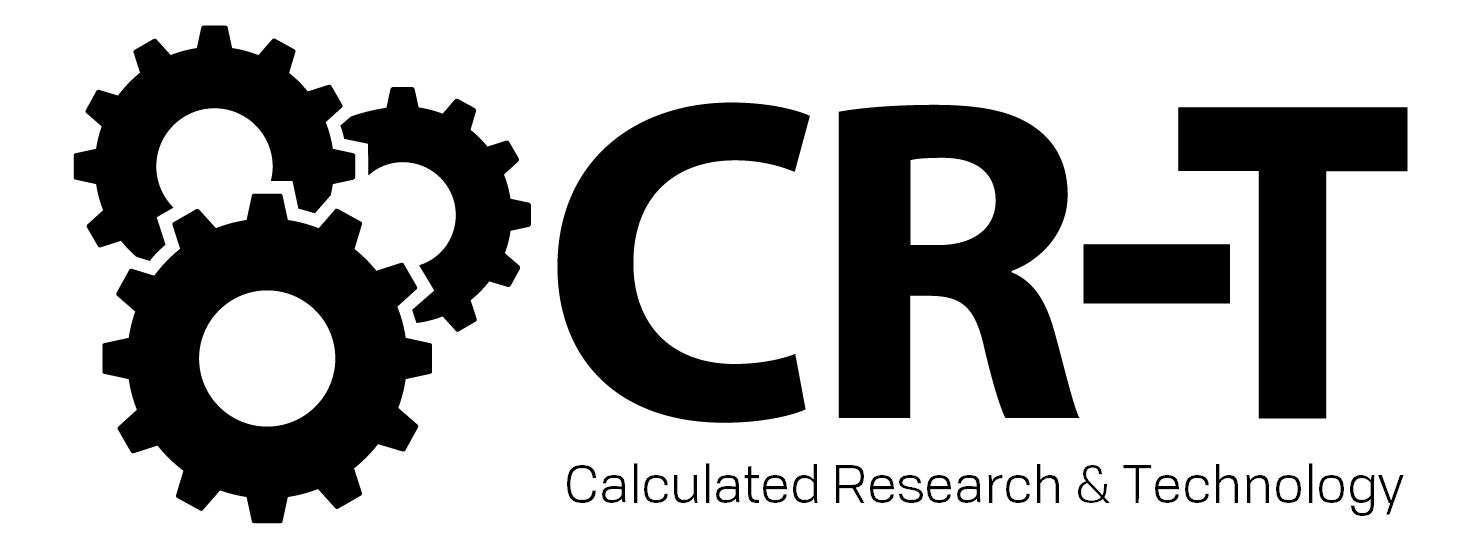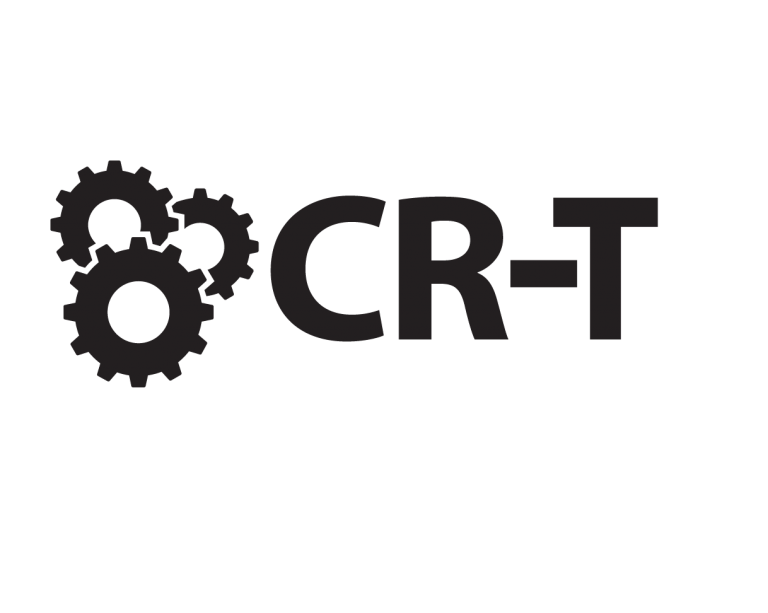Data Privacy and Compliance
Protect your privacy data and ensure compliance with our help and do it without breaking the bank.

Data Privacy
Data Privacy is Highly Regulated
Why Should You Care About
Data privacy and Compliance?
Data Privacy Vs. Data Security
To show the difference of these two topics, it is important to point out that data security and data privacy both are two sides of the same coin and both govern the control of the user’s data. However, both play two very distinct roles. Data security is defined by policies and procedures that protect sensitive data and user information from unauthorized access. Your data policies should reflect measures that govern the storage and access of sensitive data.
Data privacy principles are the policies and procedures governing who may access the data. This doesn’t only address those outside your company but also those inside your organization or department that have been granted authorization. It’s important to note that it is very possible to have robust security measures and policies without ever addressing data privacy. That said, data privacy is not possible without proper data security.






